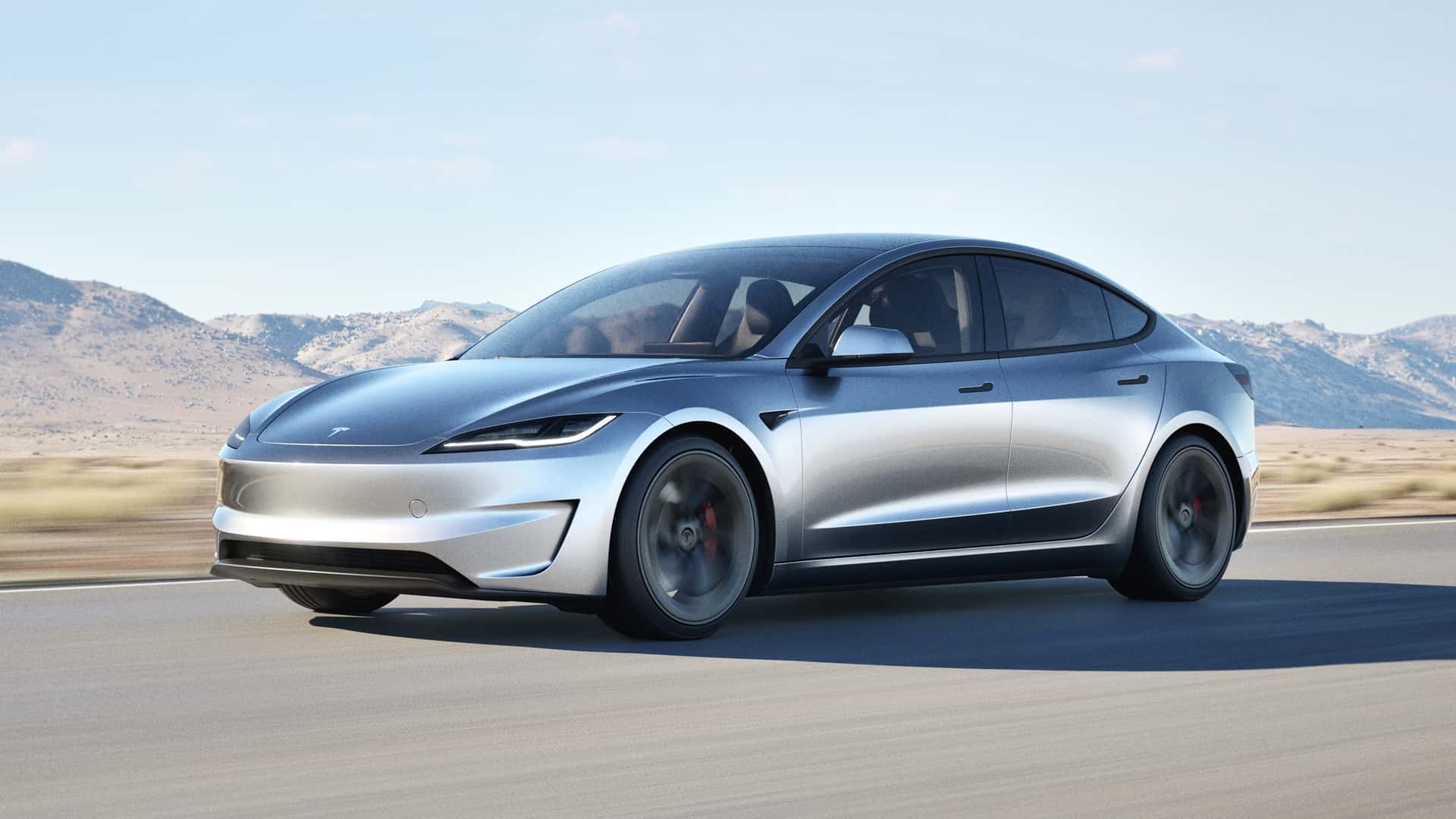Dutch regulator will test Tesla Full Self Driving, decision expected February
The Netherlands vehicle authority RDW said it will conduct tests of Tesla's Full Self Driving system and expects to reach a decision in February 2026, conditional on the company showing the technology meets Dutch safety standards. The outcome could set a precedent for recognition across the European Union and comes as global regulators intensify scrutiny of advanced driver assistance systems.

The Netherlands vehicle authority RDW announced on Monday that it will carry out tests of Tesla's Full Self Driving driver assistance system and expects to make a decision in February 2026, provided Tesla can demonstrate compliance with Dutch safety standards. The agency asked the public not to contact it en masse and emphasized that safety, not timetable, will determine any approval.
Tesla had earlier posted that RDW had committed to granting national approval in February. RDW did not confirm that commitment, instead framing the timetable as contingent on the results of technical testing and evidence submitted by the company. Under Dutch rules a national exemption could allow limited use of the system within the country. If granted, that exemption may be recognized by other European Union member states and could be referred to the EU Technical Committee on Motor Vehicles for consideration of wider recognition across the bloc.
The announcement arrives amid heightened international attention on autonomous driving claims and regulatory oversight. In the United States the National Highway Traffic Safety Administration is conducting major safety probes that involve millions of vehicles equipped with Tesla software labeled Full Self Driving or related nameplates. Those investigations have raised questions about how advanced driver assistance systems function in real world conditions and how they are presented to motorists.
The RDW statement did not detail its planned testing protocol. Regulators in Europe and elsewhere typically assess vehicle software by examining system performance in a range of scenarios, how the system manages edge cases, its interactions with human drivers, and the clarity of warnings and operator responsibilities. Demonstrating repeatable safety performance, robust monitoring for driver engagement, and transparent data on system behavior are likely to be important for any decision.
A national exemption backed by the Netherlands could accelerate regulatory conversations in Europe because member states can choose to recognize approvals granted by another state. Referrals to the EU Technical Committee on Motor Vehicles could result in broader guidance or a path toward harmonized recognition, but that process would take additional months and involve technical as well as political deliberation.
For Tesla the stakes extend beyond a single market. Approval in the Netherlands would offer a test case for commercial deployment strategies in Europe and for how companies present advanced driving features to consumers. For regulators and the public it raises questions about oversight, liability, and the speed at which software driven systems are allowed on public roads.
As the RDW moves forward it faces the challenge of balancing innovation and safety. The agency has signaled that it will proceed based on technical evidence and standards compliance rather than public pressure. The decision in February is likely to be watched closely by policymakers, automotive manufacturers, safety advocates, and drivers across Europe and beyond.


